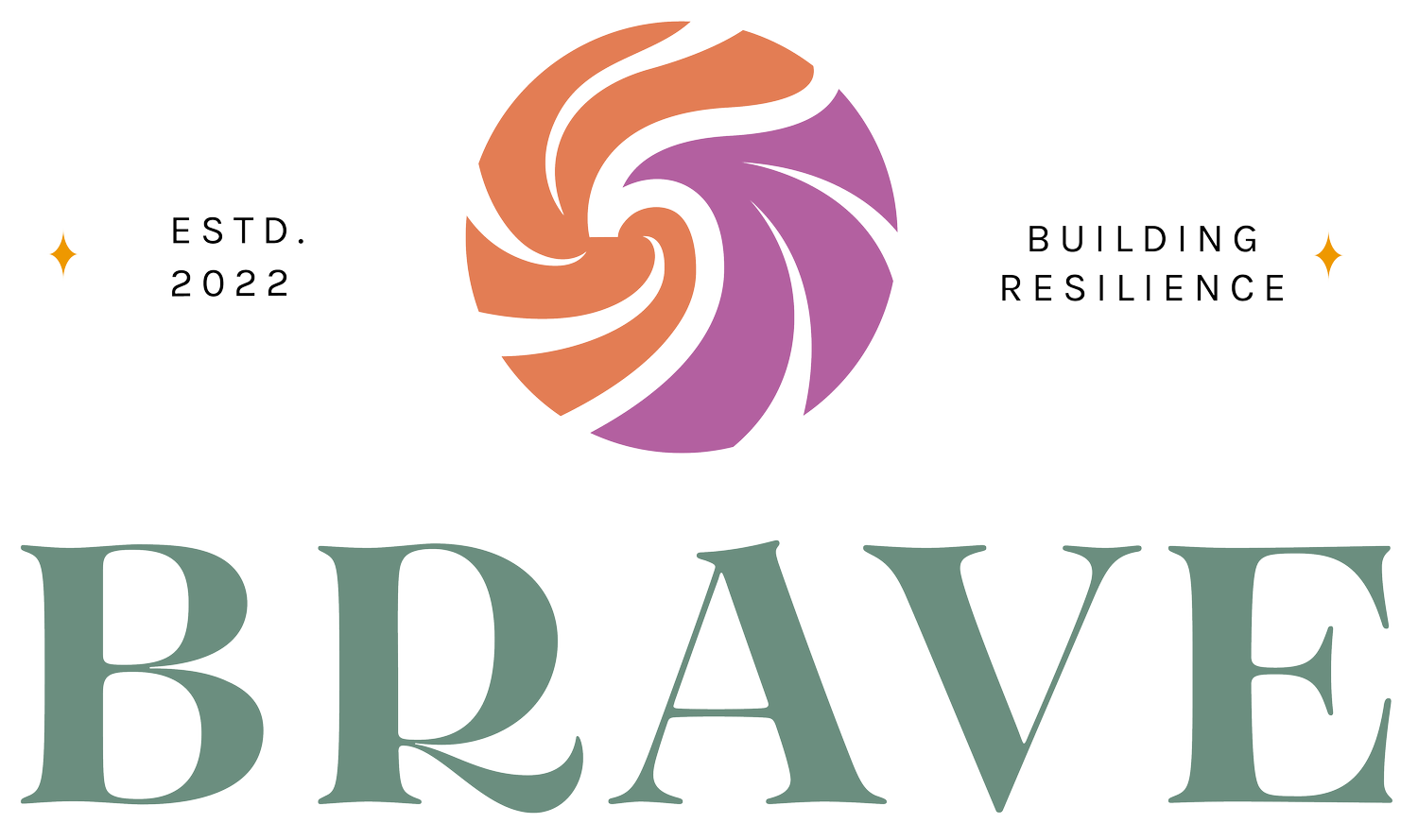Why It’s So Hard for Trauma Therapists to Celebrate Wins and How to Start
When Wins Feel Unsafe
You help your clients celebrate their growth all the time.
But when it comes to your own wins — the small shifts, the quiet breakthroughs, even the big milestones — you breeze right past them like they don’t count.
If that hits close to home, I want to be clear: You’re not broken. You’re not arrogant for wanting to feel proud. You’re not ungrateful or self-absorbed for wishing someone would just see the work you’re doing.
This blog is about that wish.
It’s about what happens when we’ve done the work — slowed down, recalibrated, built better scaffolds — and still struggle to trust that something is going right.
It’s about what it means to integrate our growth, not just power through it.
Why Feeling Proud Feels So Foreign
In many trauma therapists’ lives, shame and silence don’t just show up in the clinical room. They show up in the culture that trained us.
In graduate school, we learned to defer. In agency work, we learned to disappear. And in clinical culture at large, we’re often taught that satisfaction is suspect.
I lived that firsthand.
I used to work in an incredibly toxic workplace — the kind where people barely made eye contact, but especially not if something had gone well for them. Even naming a client win felt risky. I once hit a major professional milestone — one I’d worked incredibly hard for — and I couldn’t bring myself to tell a single person.
Not because I wasn’t proud. But because I was afraid.
Afraid of the judgment.
Afraid of being called arrogant.
Afraid of being seen as someone who cared more about her success than her clients.
I had been trained to keep quiet about anything that was going well — and I followed through with that training.
And for a long time, I believed that feeling proud about my work was a liability. That it meant I wasn’t serious enough. That I hadn’t suffered enough to deserve it.
But now I know: That shame didn’t start with me.
It came from systems — academic, clinical, cultural — that taught me to disappear from my own experience. And it’s time we called that what it is: harm.
What Integration Looks Like (Not Performance)
There’s a big difference between celebration and performance.
And for many therapists — especially those navigating trauma themselves — “celebration” feels like pressure. Like you have to prove your growth, narrate your success, or turn a win into a post.
So let’s reframe it.
Integration isn’t about presentation. It’s about presence.
It’s the internalization of goodness — the moment your body registers that something worked, that you stayed with yourself, that your work matters.
This is vicarious resilience at its most powerful. But you don’t feel it if you skip the part where it lands.
A Practice from BRAVE: Notice, Name, Nest
Inside The BRAVE Trauma Therapist Collective, we teach a simple rhythm to help our nervous systems hold the good — not just notice it.
It’s called Notice – Name – Nest.
It’s not a checklist. It’s not another tool to “do right.”
It’s a nervous system scaffold. One that helps you feel proud without fear.
Here’s how it works:
1. NOTICE
Slow down just enough to recognize a moment that mattered.
Not a huge breakthrough — just something true.
Maybe it’s: “I said what I needed in that consultation call.”
Or: “I didn’t rush to fix today’s silence in session.”
That’s noticing. It’s the first step of letting something count.
2. NAME
Give that moment language — not for anyone else, just for you.
Something like:
“I was grounded.”
“That moment felt aligned.”
“I stayed connected to myself.”
When we name things, our brain knows where to file them. They stop floating in the fog of maybe-it-mattered and start becoming memory.
3. NEST
This is the part we most often skip.
It’s when we let the moment settle.
You can write it down. Speak it aloud. Tell a colleague. Whisper it to yourself on a walk.
Even 30 seconds of awareness helps your nervous system register: “This is real. And it’s mine.”
Integration is a nervous system event. Noticing and naming are cognitive — but nesting is where your body gets to believe it.
Let the Good Land (Before You Move Forward)
Let’s pause together.
If you’re able, soften your gaze. Let your shoulders drop. Take a breath.
Then ask yourself:
What’s one thing I feel quietly proud of right now?
It might be how you supported a client.
How you protected your own time.
Or a moment where you didn’t abandon yourself — even when it would’ve been easier.
Hold that memory for just a few seconds longer than you usually would.
This is what integration feels like.
Not hype. Not hustle. Just… truth, held long enough to register.
You Don’t Have to Do This Alone
In BRAVE, we don’t just learn. We let things land.
We create scaffolds that support your nervous system.
We help you name the wins that feel too tender to say out loud.
And we hold space for the moments that matter — the ones you might’ve skipped past before.
If that sounds like the kind of support you’ve been craving, we’d love to welcome you in.
You don’t have to prove anything.
You don’t have to perform.
You just have to show up — and let it land.
👉 Learn more about BRAVE here: https://www.braveproviders.com/brave
You deserve to feel proud.
Not because you’ve done everything right — but because you’ve kept showing up.
Let this be the season you believe in your own growth.





